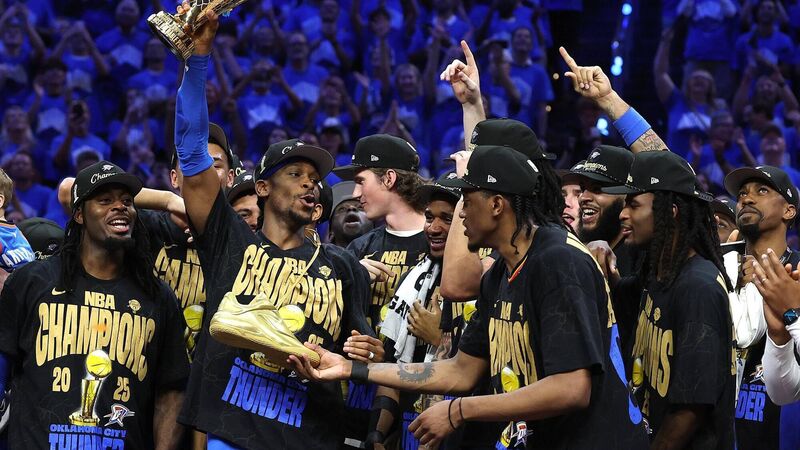Colin Sheridan: When sport becomes a market nobody plays for love anymore

MARKET PLACE: Once sport becomes a market place, nobody plays for the love of the sport anymore.
There’s a strange, hollow echo coming from the NBA this week - not the noise of a Spalding on hardwood, but the sound of a league choking on its own excess. Thirty-four people charged. Coaches, players, fixers, friends - all tangled in a web of illegal betting, insider information, and rigged poker games. Among them: Chauncey Billups, once a Finals MVP and now the Portland coach, and Terry Rozier, a Miami Heat guard on a contract worth over twenty million dollars a year.
Twenty. Million. Dollars. And yet here we are, reading about WhatsApp messages and burner accounts, about injuries faked not for recovery but for odds. You’d laugh, if it weren’t so depressing. Because the question lingers, uncomfortably: If a man earning $55k-a-days is willing to gamble - to risk not just money but career, reputation, legacy — then what chance does the apprentice plumber from Portlaoise have, earning €600 a week and marking an All-Star on a wet Sunday in February? The NBA’s latest scandal isn’t a sideshow; it’s a mirror. The league has spent the past decade not just tolerating gambling but courting it - partnering with sportsbooks, integrating live odds into broadcasts, turning every possession into a punter’s playground. Now, predictably, the casino’s spilled onto the court.












